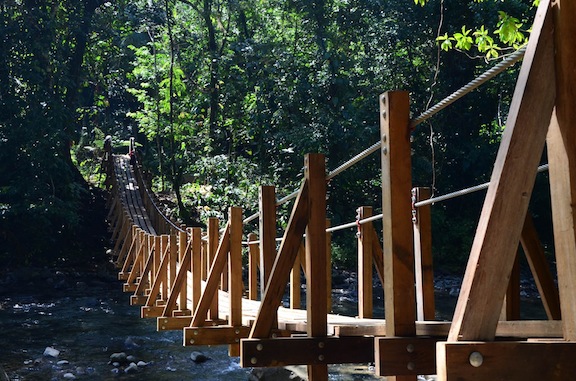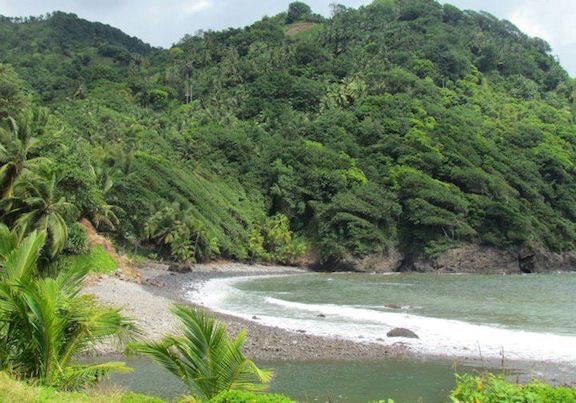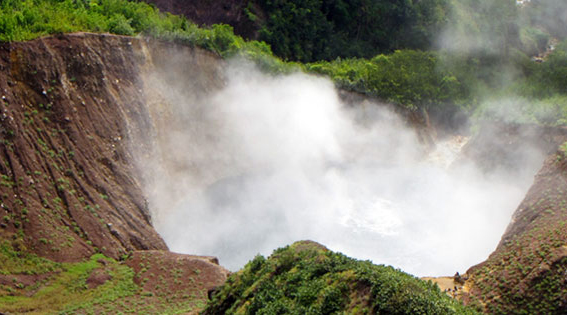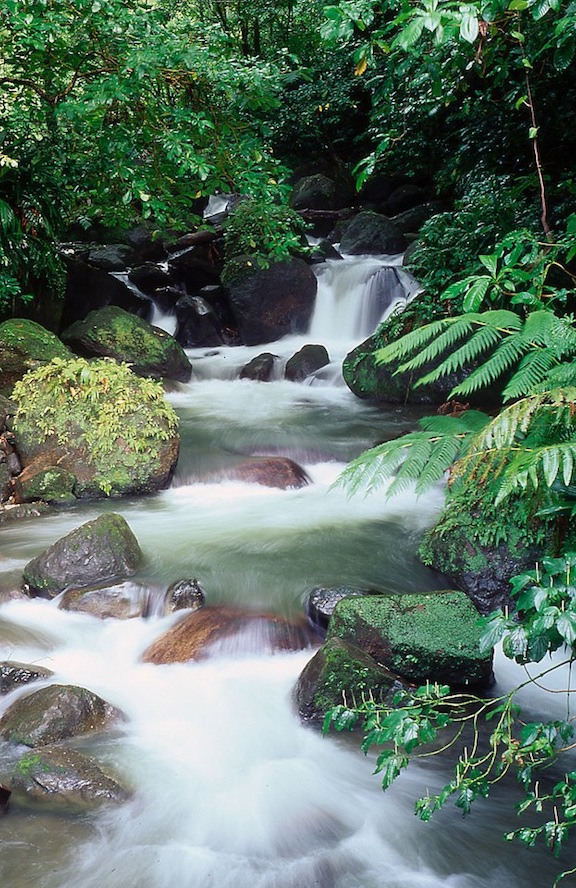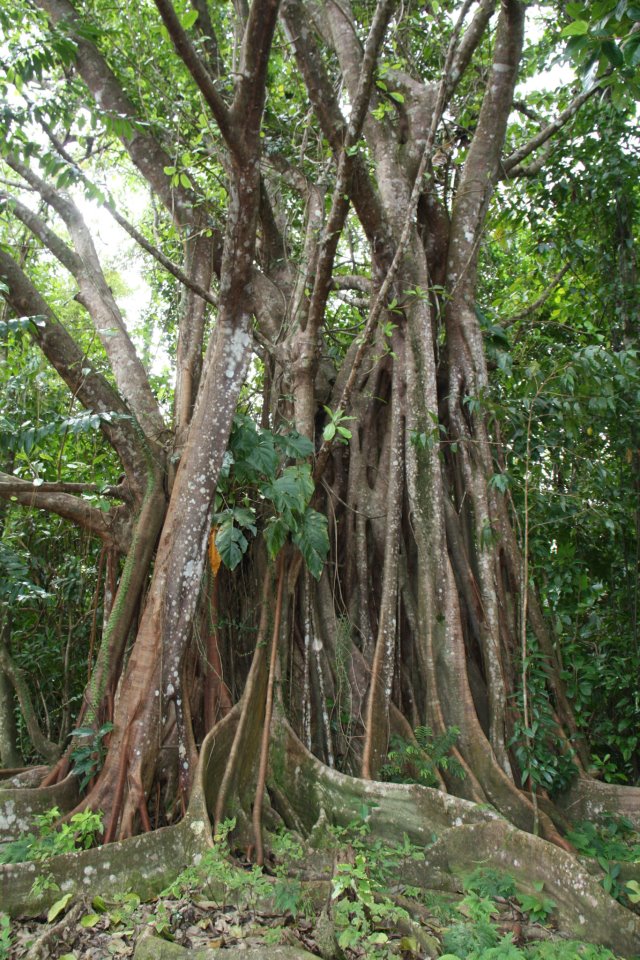Above: the Waitukubuli National Trail
By the Caribbean Journal staff
Dominica has long been known as the Caribbean’s “Nature Island,” and it’s easy to see why.
It is the most mountainous island in the region — but also one of its most sparsely populated, and there are myriad ways to explore this natural Caribbean treasure.
Earlier this year, Dominica declared the Waitukubuli National Trail and Eco-Tourism site, and the 115-mile trail is the longest of its kind in the Caribbean Sea and the region’s first major walking trail.
Completing the 115-mile trail will take an experienced hiker about two weeks, although the beauty of the Waitukubuli is that even a single segment is a true adventure.
Above: the boiling lake
The trail is segmented into 14 continuous segments, spanning communities across the country, from Scott’s Head in southern Dominica to the Cabrits National Park at the northern tip.
It also takes hikers through the country’s Carib Territory, the last remaining home of the indigenous Carib, or Kalinago Indians, who roamed the Caribbean for centuries.
The trail brings you through a kaleidoscope of coastal regions, forests, small villages and the Morne Trois Pitons National Park, a UNESCO World Heritage Site.
It’s in the latter where you’ll find some of the wonders of the Caribbean – including perhaps the most difficult hike in the country: the Morne Trois Pitons Trail East, which crosses a rainforest to a cloud forest on the dormant volcano.
The most spectacular trail, however, involves trekking the Roseau Valley to Dominica’s famous Boiling Lake, an approximately six-hour hike beginning at about 1,600 feet.
When you see the lake, a 200-foot-wide fumarole of molten lava, you’ll understand the true beauty of Dominica.
One Dominican MP described the trail best: “The Waitukubuli National Trail is more than just a site. It represents who we are as a people, protective of our forest, patriots, our resilience and hard work, our survival, history of our marooned ancestors and our indigenous Kalinago.”
In other words, the perfect eco-destination.
— CJ
